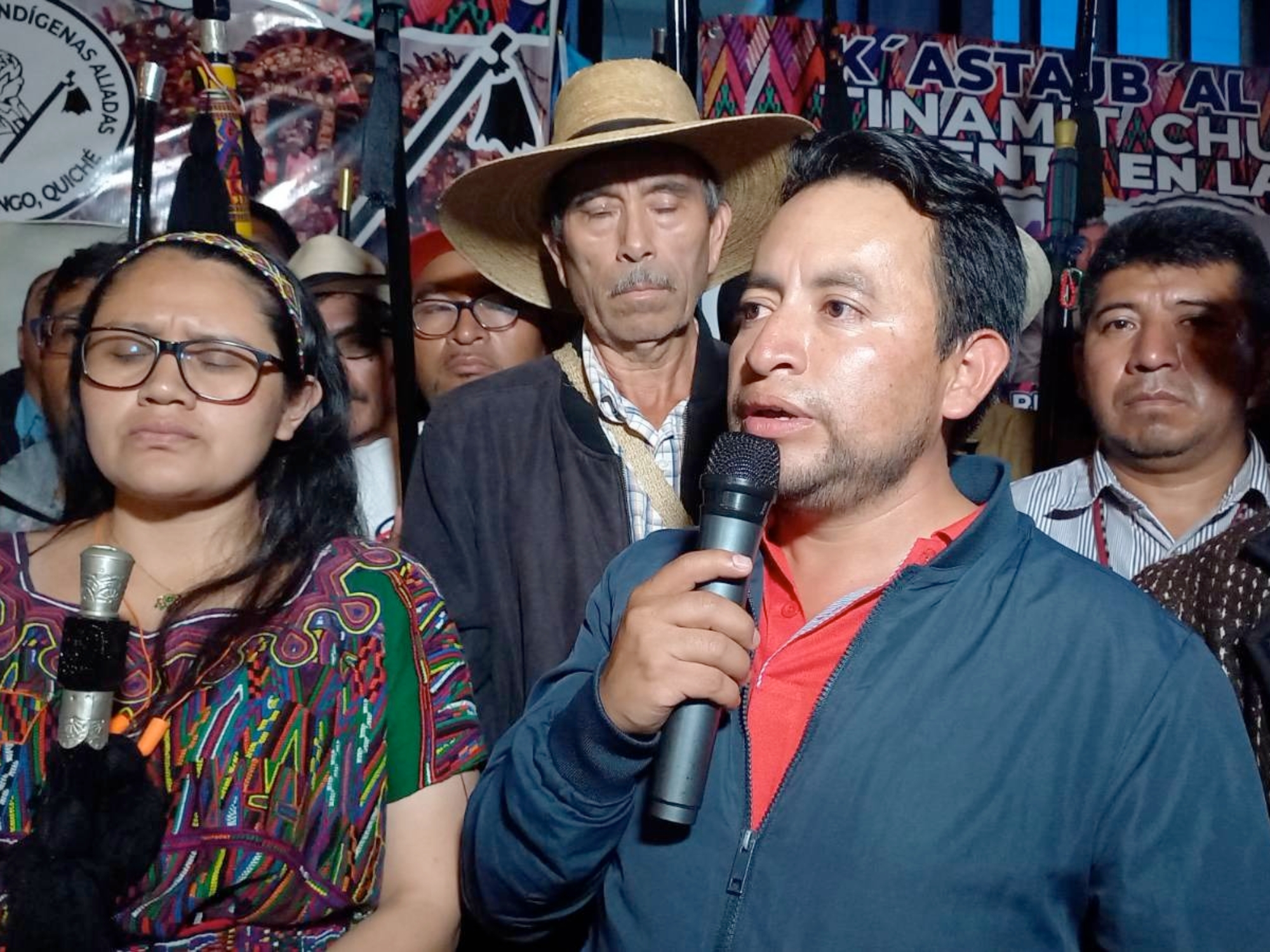Ten years ago, the United Nations opened a historic process: to negotiate a treaty that could finally hold transnational corporations accountable for human rights violations and abuses. Today, that dream is under threat – not from lack of support, but because the very corporations it seeks to regulate are now inside the negotiating room, dismantling it from within.
The treaty, formally known as the Legally Binding Instrument (LBI) on Business and Human Rights, was never going to pass quietly. For years, affected communities and civil society groups have demanded global rules that could end corporate impunity – from forced displacement to environmental devastation, from land grabs to deadly pollution. Corporate lobbyists – especially those representing powerful Global North multinationals – have tried to weaken every draft, clause by clause.
At last December’s negotiations in Geneva, the lobbyists were out in full force. The U.S. Council for International Business warned that making the treaty too strong would lead to divestment from Global South countries. They even pushed to remove language that would hold corporate executives personally accountable for rights violations. Let that sink in: companies don’t want their managers liable even when harm is clear and justice is overdue.
This isn’t just about lobbying – it reflects a deeper pattern of corporate capture, where powerful business interests exert not only influence but effective control over public institutions and policy making. From trade agreements that prioritize investor rights to behind-closed-door access in international negotiations, corporations, particularly powerful multinationals headquartered in the Global North, are increasingly shaping the very rules meant to regulate them. This capture erodes democratic processes, blocks the possibility of meaningful accountability, and deepens the global North-South power imbalance. If left unchecked, this will entrench a world where a tiny corporate elite – just 1 percent of the population – calls the shots for everyone else. We’re already seeing this play out in some of the world’s most powerful countries, where corporate actors exploit a broken economic system to maximize short-term gain at the expense of people and the planet.
For those of us in Asia, these impacts are deeply personal. Transnational corporations – especially from Europe and the U.S. – have long operated across the region with little oversight. We see firsthand how transnational corporations impact communities through land dispossession, environmental destruction, and the undermining of local livelihoods. Major corporations headquartered in the Global North, such as TotalEnergies and Shell, have been linked to extractive and energy projects across the region that raise serious human rights and environmental concerns. These impacts are often felt most acutely by Indigenous Peoples, rural communities, and workers. And when people speak out, they face violence, intimidation, or worse.
Meanwhile, communities are being silenced in the very U.N. process meant to protect them. Incredibly, civil society groups were barred from even showing video statements at last year’s session. This isn’t a minor procedural issue; it’s a warning. Frontline defenders are being pushed out, while corporate actors remain at the center of influence.
For many countries in Asia, the LBI offers a rare opportunity to rebalance power in an international system that has long favored corporate interests, especially those of European and U.S.-based multinationals. These corporations often operate with near impunity, protected by opaque trade agreements and mechanisms like investor-state dispute settlement (ISDS), which allow them to sue governments for regulating in the public interest. The LBI can help restore sovereignty by giving states the tools to hold even the most powerful companies accountable.
But here’s the good news: this treaty is not yet lost.
We still have a chance to steer it back on course – if states, especially from Asia, show leadership. Several Asian governments supported launching the LBI process, including Indonesia and China – each for their own reasons, from curbing U.S. influence to defending sovereignty. Meanwhile, some countries that once opposed the process, including members of the EU, have since begun to engage constructively, recognizing that binding global rules are necessary to address cross-border harms. This growing momentum allows Asian states to lead, not retreat.
We need binding international rules – ones that make corporations legally liable for rights violations, prioritize human rights over trade and investment treaties, and guarantee access to justice for victims across borders. These rules must also protect Indigenous Peoples’ right to free, prior, and informed consent and shut the door on corporate influence in the negotiation process itself.
If this sounds ambitious, it’s because it must be. What’s at stake is not just another treaty, it’s the future of global accountability. The world’s most powerful corporations, overwhelmingly headquartered in the Global North, are setting the rules that drive not only our economies but also the climate crisis itself. From fossil fuel giants to agribusiness conglomerates, these actors profit from environmental destruction while communities in Asia pay the price – with rising seas, deadly heat, deforestation, and displacement.
Despite bearing the brunt of these crises, too many Asian countries are denied a real voice in the global systems that perpetuate them. The LBI is a chance to shift that balance by holding corporations accountable, protecting frontline communities, and advancing climate justice.
This is, at its core, a decolonial struggle. The LBI is not just about accountability – it’s about ending a system where Global North corporations continue to extract our resources, exploit our people, and shape our laws, just as colonial powers once did. The treaty offers Asian states a rare opportunity to dismantle this corporate colonialism and champion a new global order – one led by the global majority and rooted in justice, where people and the planet come before profit.
It’s time for Asian states to act decisively. Our lands and our people must come first. We cannot afford to sacrifice sustainable and equitable development for our current and future generations on the altar of corporate greed. There is no middle ground.


